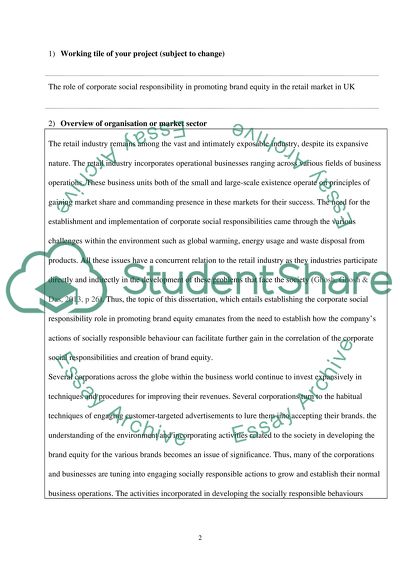Cite this document
(“The role of corporate social responsibility in promoting brand equity; Research Proposal”, n.d.)
The role of corporate social responsibility in promoting brand equity; Research Proposal. Retrieved from https://studentshare.org/marketing/1654800-the-role-of-corporate-social-responsibility-in-promoting-brand-equity-investigating-literature-on-csr-successes-in-retail-industry-to-show-what-kingfisher-group-can-learn-from-the-larger-retail-players
The role of corporate social responsibility in promoting brand equity; Research Proposal. Retrieved from https://studentshare.org/marketing/1654800-the-role-of-corporate-social-responsibility-in-promoting-brand-equity-investigating-literature-on-csr-successes-in-retail-industry-to-show-what-kingfisher-group-can-learn-from-the-larger-retail-players
(The Role of Corporate Social Responsibility in Promoting Brand Equity; Research Proposal)
The Role of Corporate Social Responsibility in Promoting Brand Equity; Research Proposal. https://studentshare.org/marketing/1654800-the-role-of-corporate-social-responsibility-in-promoting-brand-equity-investigating-literature-on-csr-successes-in-retail-industry-to-show-what-kingfisher-group-can-learn-from-the-larger-retail-players.
The Role of Corporate Social Responsibility in Promoting Brand Equity; Research Proposal. https://studentshare.org/marketing/1654800-the-role-of-corporate-social-responsibility-in-promoting-brand-equity-investigating-literature-on-csr-successes-in-retail-industry-to-show-what-kingfisher-group-can-learn-from-the-larger-retail-players.
“The Role of Corporate Social Responsibility in Promoting Brand Equity; Research Proposal”, n.d. https://studentshare.org/marketing/1654800-the-role-of-corporate-social-responsibility-in-promoting-brand-equity-investigating-literature-on-csr-successes-in-retail-industry-to-show-what-kingfisher-group-can-learn-from-the-larger-retail-players.


